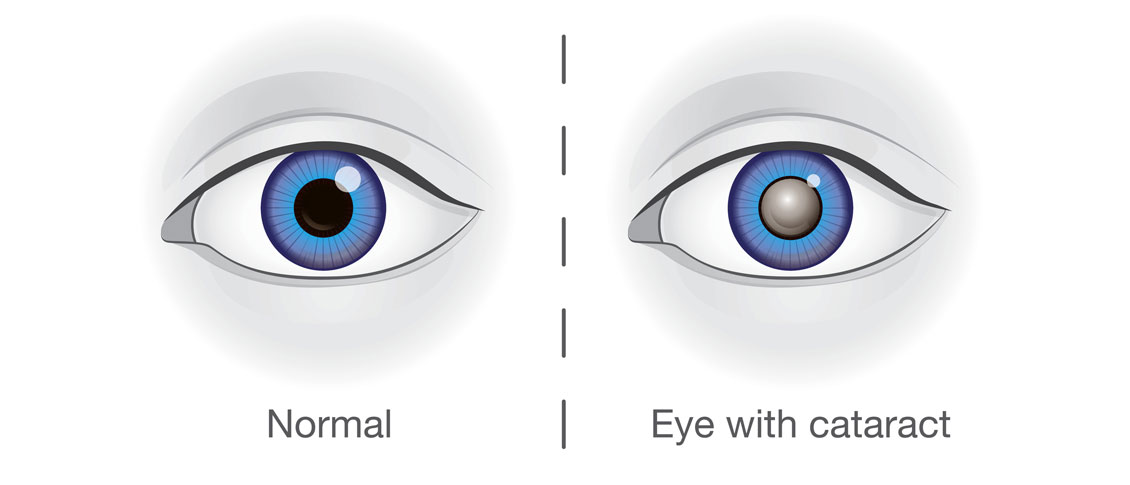
You’ve been diagnosed with a cataract and you’ve been told you should have cataract surgery. The surgeon is also telling you that you should consider paying extra out of pocket it for it.
Where did this come from? Why should you have to pay out of pocket for cataract surgery? Shouldn’t your health insurance just cover it?
In trying to answer those questions, you will first need a little history of both cataract and refractive (correcting errors of refraction such as nearsightedness, farsightedness and astigmatism) surgery.
Radial keratotomy (RK) was the first widely used refractive surgery for nearsightedness. It was invented in 1974 by Russian ophthalmologist Svyatoslav Fyodorov, and it was the primary refractive procedure done until the mid-1990s. Then it was surpassed by the laser procedure called PRK and then, eventually, LASIK; they are still the predominately pure refractive surgeries done today.
Cataract surgery has its origins all the way back to at least 800 BC in a procedure called couching. In this procedure, the cataract was pushed into the back of the eye with a sharp instrument so the person could look around the cataract. Medically that is all that was done with cataracts until around 1784 when a cataract was actually removed from the eye.
The next big advance was implants to replace the removed cataract. The invention of implants was spurred by Harold Ridley, who recognized that injured Royal Air Force pilots could retain shards of their canopy made out of a substance called PMMA in their eye without the body rejecting it. Implants became commonplace after the FDA approved them in 1981. The implants have improved over the years and most implants today are foldable so they fit through a tiny incision of around 3 millimeters.
Medicare and most other insurances cover the cost of MEDICALLY NECESSARY cataract surgery. This means they will cover the surgery when someone has symptoms of visual trouble that is interfering with their normal daily activities AND the cataract is the cause of those visual disturbances. There is no reason to remove a cataract just because it is there. It needs to be causing a problem to make it medically necessary to remove it.
Medicare and most other insurance do not cover refractive surgery (Lasik, PRK, etc.). The general perception of refractive surgery by the insurance industry is that it is not MEDICALLY NECESSARY. You can correct the refractive errors in almost all cases by means other than surgery, such as glasses and or contact lenses.
Today there are methods of doing additional procedures, or using special implants, at the time of cataract surgery to correct more than just the cataract alone. This is where the two types of surgeries, refractive and cataract, have merged into a single operation that tries to take care of both problems.
The merging of cataract and refractive surgeries is why there are now options not only to get your cataract removed but also to have your astigmatism (irregular shape to cornea) and presbyopia (the inability to see well up close that hits nearly everyone in their 40’s) corrected.
This is where the "paying for cataract surgery" comes in. Surgery to correct astigmatism and presbyopia are not considered MEDICALLY NECESSARY because they can be corrected with eyeglasses or contacts.
Your cataract, once it hits a certain point, cannot be corrected with glasses or contacts and therefore it is MEDICALLY NECESSARY and your insurance will pay for that component of your surgery. What it won’t pay for is any additional amount that is charged to correct your astigmatism or presbyopia.
If you want to address your astigmatism and or presbyopia at the time of cataract surgery to be less dependent on wearing glasses after surgery then paying for those components is going to be an out-of-pocket payment for you.
Article contributed by Dr. Brian Wnorowski, M.D.
This blog provides general information and discussion about eye health and related subjects. The words and other content provided in this blog, and in any linked materials, are not intended and should not be construed as medical advice. If the reader or any other person has a medical concern, he or she should consult with an appropriately licensed physician. The content of this blog cannot be reproduced or duplicated without the express written consent of Eye IQ.